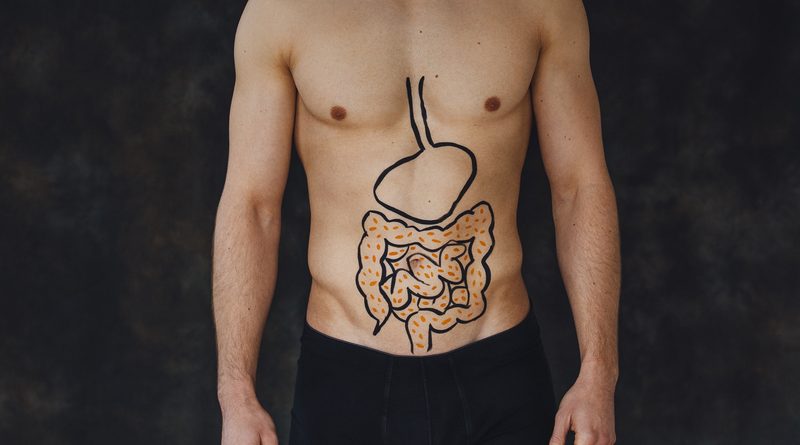Habits That Make Digestion Harder
Digestion plays a vital role in our overall health and well-being. Certain habits can make the process more challenging, leading to discomfort and digestive issues.
Eating Too Fast
In today’s fast-paced world, many of us tend to rush through our meals. Eating too quickly can hinder proper digestion. When we eat too fast, we don’t give our bodies enough time to signal feelings of fullness, leading to overeating. Rapid eating can cause us to swallow excess air, resulting in bloating and gas. It’s important to slow down and savor each bite, allowing our bodies to properly chew and break down food. By eating at a moderate pace, we aid the digestive process and promote better nutrient absorption. Taking smaller bites and chewing thoroughly can help us become more mindful eaters. Eating slowly has been linked to better weight management, improved metabolism, and reduced risk of chronic diseases such as diabetes and heart disease. It’s also important to savor the flavors of our food; enjoying a meal can be just as important for overall health as what we are eating.
Not Drinking Enough Water
Proper hydration is essential for maintaining healthy digestion. When we don’t drink enough water, it can slow down the digestive process and lead to constipation. Water helps soften stools, making them easier to pass through the digestive system. Bowel movements are much harder if your colon doesn’t absorb enough water. To support optimal digestion, aim to drink an adequate amount of water throughout the day. Experts recommend consuming at least eight glasses of water daily. Staying hydrated not only aids digestion but also supports overall health and well-being. Drinking too much water can be dangerous and lead to a condition called hyponatremia, which is an imbalance of electrolytes in the body. It’s important to drink only when needed. Keep a bottle of water handy and sip throughout the day as needed.
Not Getting Enough Fiber
Fiber is a crucial component of a healthy diet, as it aids in digestion and promotes regular bowel movements. Many people don’t consume enough fiber-rich foods, leading to digestive issues. A lack of fiber can result in constipation and discomfort. Incorporating sources of dietary fiber, such as fruits, vegetables, whole grains, and legumes, into your diet is essential for optimal digestion. Fiber adds bulk to the stool, allowing it to move through the digestive system more easily. It also helps to slow the absorption of sugar and cholesterol, helping to maintain healthy blood glucose and cholesterol levels. Increasing your fiber intake can help promote regularity, reduce bloating, and keep you feeling full for longer. To ensure you’re getting enough dietary fiber every day, focus on eating a variety of wholesome foods like fruits, vegetables, whole grains, legumes, nuts, and seeds.
Maintaining healthy digestion is vital for our overall well-being. By being mindful of our habits and making simple changes, we can support optimal digestion and prevent digestive issues. By making these small adjustments, you can improve your digestive health and overall quality of life. Remember, taking care of your digestion is taking care of your well-being.
Did You Enjoy Reading This Article? Here’s More to Read: Healthcare-Related Businesses That Can Benefit From Technology Solutions
